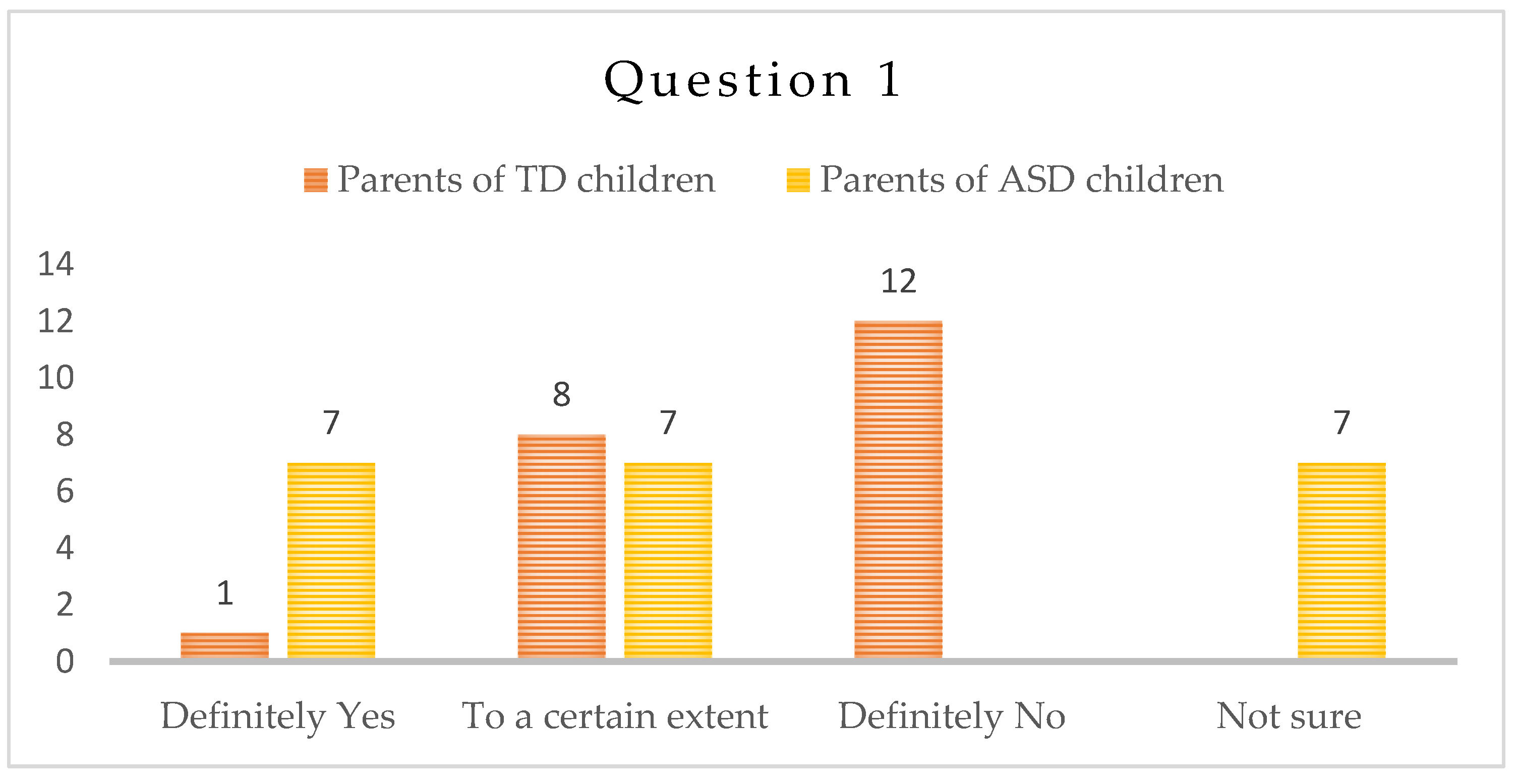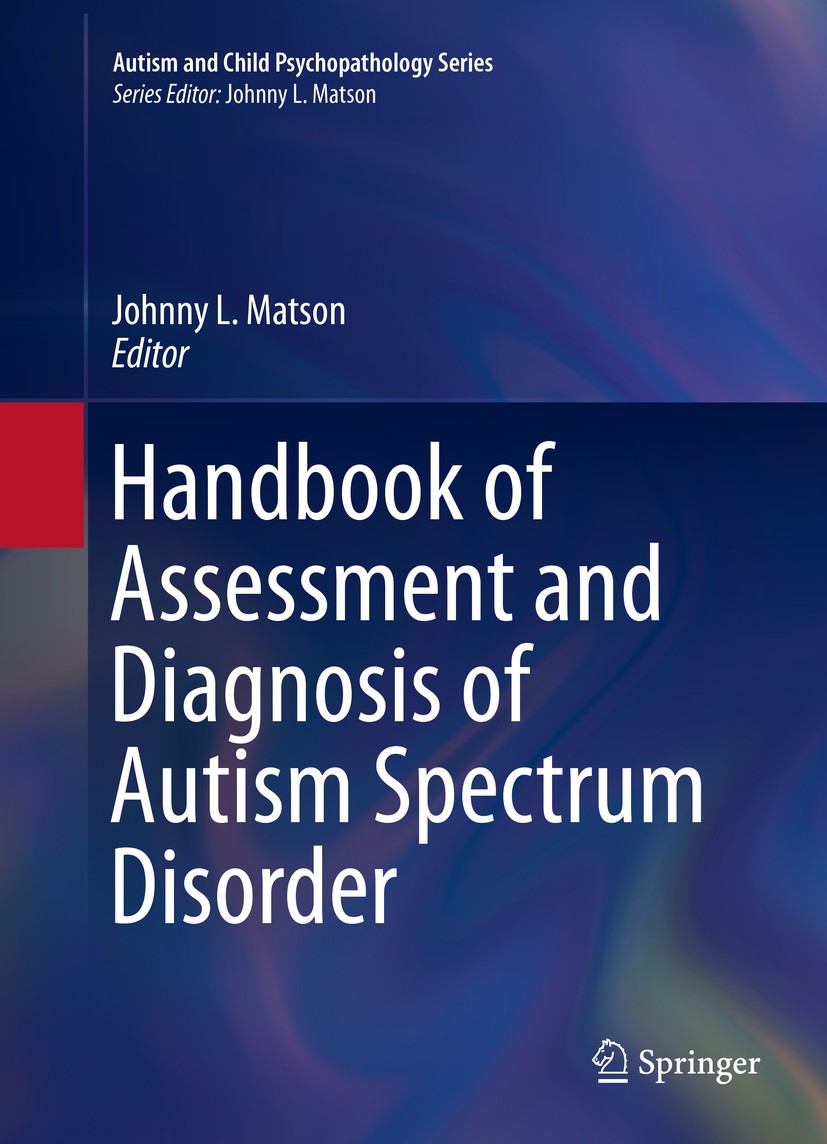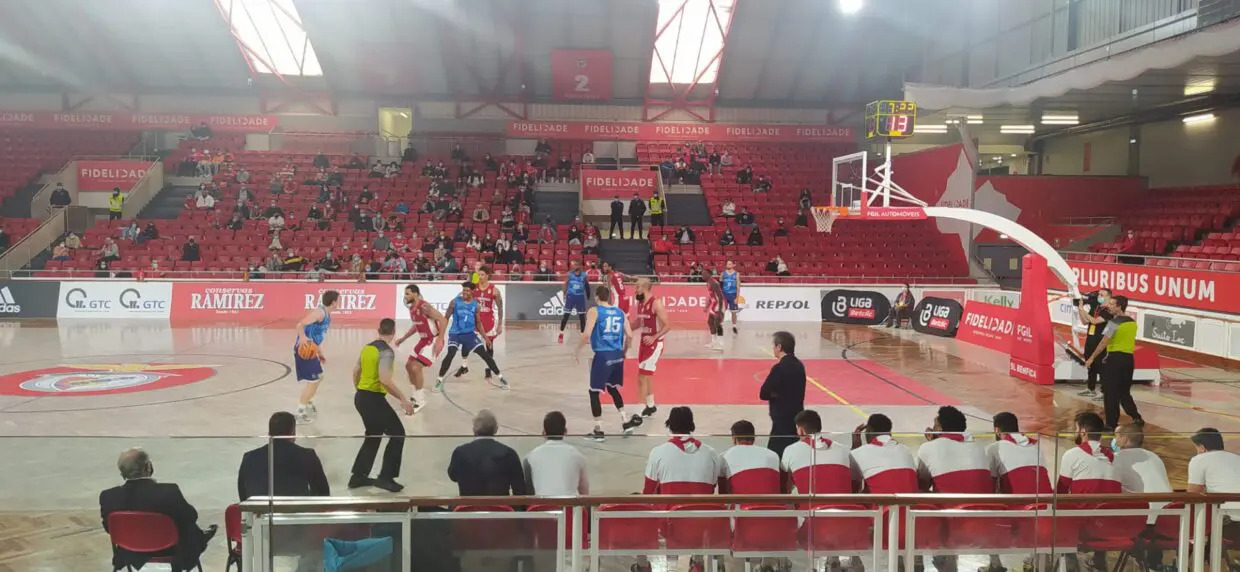Cognitive profiles of children with autism spectrum disorder with parent-reported extraordinary talents and personal strengths
Por um escritor misterioso
Last updated 22 fevereiro 2025

The relationship between parent-reported talents and strengths and performance on standardized cognitive tests in 1470 children from the Simons Simplex Collection with autism and IQ above 70 is examined, highlighting the importance of exploring strengths separately by domain and a need for more research in this area. It is essential to recognize the strengths and talents of autistic individuals. Previous studies of extraordinary talents (i.e. skills that stand out relative to the general population) have combined individuals with different skills (e.g. calendrical calculation, drawing) into one group. There has been limited investigation of talents in specific areas and even less consideration of personal strengths (i.e. skills that stand out relative to that person’s other abilities, but not the general population). We extend this literature by examining the relationship between parent-reported talents and strengths and performance on standardized cognitive tests in 1470 children (4–18 years) from the Simons Simplex Collection with autism and IQ above 70. Almost half (46%) had at least one parent-reported talent and an additional 23% without extraordinary talents had at least one personal strength. Children with parent-reported talents and strengths had different cognitive profiles than children with no reported skill in visuospatial, drawing, computation, or music. Those highlighted for their memory abilities had somewhat more even verbal and nonverbal abilities, relative to children whose memory was not emphasized as a special skill. These results emphasize the importance of exploring strengths separately by domain and a need for more research in this area. Lay abstract Previous research has suggested that focusing on impairments can be detrimental to the well-being of autistic individuals, yet little research has focused on strengths and positive qualities in autism. Some studies explored “savant skills” (herein referred to as “extraordinary talents”), that is, skills that stand out compared to the general population. These often group everyone who has a specific talent, rather than exploring subgroups with strengths in specific areas. There has been even less research focused on personal strengths (i.e. skills that stand out relative to the individual’s other abilities, but not the general population). To expand this research, we use a sample of 1470 children (ages 4–18 years) from the Simons Simplex Collection without cognitive impairment to examine the relationship between having a parent-reported skill in a specific area and performance on a standardized cognitive test. Almost half (46%) had at least one parent-reported talent and an additional 23% without extraordinary talents had at least one personal strength. Children with these parent-reported skills had different patterns of performance on these standardized tests than children without skills in that area (i.e. visuospatial, drawing, computation, reading, and memory). Specific skills in computation or reading were associated with higher overall performance on the standardized tests. These results emphasize the importance of considering strengths separately by area, rather than combining individuals with different types of strengths. The high number of children with skills in this study underscores the need for more research in this area, particularly using instruments focused on understanding the nuances of these strengths. It is important for future studies to consider these skills in children with cognitive impairment.

Prenatal Origins of ASD: The When, What, and How of ASD Development: Trends in Neurosciences

Cognitive profiles of children with autism spectrum disorder with parent-reported extraordinary talents and personal strengths

Autism spectrum disorders in boys at a major UK hemophilia center: prevalence and risk factors - Research and Practice in Thrombosis and Haemostasis

Children, Free Full-Text

Cognitive profiles of children with autism spectrum disorder with parent-reported extraordinary talents and personal strengths

Report Writing for Autism Spectrum Disorder Evaluations

Prefrontal functional connectivities in autism spectrum disorders: A connectopathic disorder affecting movement, interoception, and cognition - ScienceDirect

Autism--It's Different in Girls
Parent-child pairwise differences of standardized SRS scores. The mean
Recomendado para você
-
 Vento Aureo - JoJo's Bizarre Encyclopedia22 fevereiro 2025
Vento Aureo - JoJo's Bizarre Encyclopedia22 fevereiro 2025 -
 I Can Copy Talents - Chapter 6322 fevereiro 2025
I Can Copy Talents - Chapter 6322 fevereiro 2025 -
 I Can Copy Talents - Chapter 6322 fevereiro 2025
I Can Copy Talents - Chapter 6322 fevereiro 2025 -
 I Can Copy Talents Chapter 64 - ManhwaZ22 fevereiro 2025
I Can Copy Talents Chapter 64 - ManhwaZ22 fevereiro 2025 -
 Competing for manufacturing talent22 fevereiro 2025
Competing for manufacturing talent22 fevereiro 2025 -
 Supply Chain Needs To Say Goodbye To The Good Old Boy's Club22 fevereiro 2025
Supply Chain Needs To Say Goodbye To The Good Old Boy's Club22 fevereiro 2025 -
 63 Businesses You Can Start With $10,00022 fevereiro 2025
63 Businesses You Can Start With $10,00022 fevereiro 2025 -
 Employalty: How to Ignite Commitment and Keep Top Talent in the New Age of Work: Mull, Joe: 9781774582909: : Books22 fevereiro 2025
Employalty: How to Ignite Commitment and Keep Top Talent in the New Age of Work: Mull, Joe: 9781774582909: : Books22 fevereiro 2025 -
 I Can Copy Talents - Chapter 6522 fevereiro 2025
I Can Copy Talents - Chapter 6522 fevereiro 2025 -
Shannon Smedstad posted on LinkedIn22 fevereiro 2025
você pode gostar
-
 Highest IMDB rating yet : r/Spiderman22 fevereiro 2025
Highest IMDB rating yet : r/Spiderman22 fevereiro 2025 -
 Mushroom Kingdom: Meet the talented cast of the Super Mario Bros. Movie set to release on Netflix on December 3 - The Economic Times22 fevereiro 2025
Mushroom Kingdom: Meet the talented cast of the Super Mario Bros. Movie set to release on Netflix on December 3 - The Economic Times22 fevereiro 2025 -
![Alphabet lore letters as humans! [Part 4] by dolliworx on DeviantArt](https://images-wixmp-ed30a86b8c4ca887773594c2.wixmp.com/f/48bd2e61-4406-4274-8c19-833378125ccb/dfq5ivd-a70ee206-ee33-4f03-b1e6-c0e0c99367f6.jpg?token=eyJ0eXAiOiJKV1QiLCJhbGciOiJIUzI1NiJ9.eyJzdWIiOiJ1cm46YXBwOjdlMGQxODg5ODIyNjQzNzNhNWYwZDQxNWVhMGQyNmUwIiwiaXNzIjoidXJuOmFwcDo3ZTBkMTg4OTgyMjY0MzczYTVmMGQ0MTVlYTBkMjZlMCIsIm9iaiI6W1t7InBhdGgiOiJcL2ZcLzQ4YmQyZTYxLTQ0MDYtNDI3NC04YzE5LTgzMzM3ODEyNWNjYlwvZGZxNWl2ZC1hNzBlZTIwNi1lZTMzLTRmMDMtYjFlNi1jMGUwYzk5MzY3ZjYuanBnIn1dXSwiYXVkIjpbInVybjpzZXJ2aWNlOmZpbGUuZG93bmxvYWQiXX0.NAV6XaYBq6jUJI-fn_rwdReqVRz-ACR44Go4JryF2ck) Alphabet lore letters as humans! [Part 4] by dolliworx on DeviantArt22 fevereiro 2025
Alphabet lore letters as humans! [Part 4] by dolliworx on DeviantArt22 fevereiro 2025 -
 Desportivo inicia em Lisboa jogos do play-off da Liga de Basquetebol - MAIS/Semanário22 fevereiro 2025
Desportivo inicia em Lisboa jogos do play-off da Liga de Basquetebol - MAIS/Semanário22 fevereiro 2025 -
 All our audio tracks now available. Facebook LIVE: App DEMO + Q&A Love or Loathe Valentine's?22 fevereiro 2025
All our audio tracks now available. Facebook LIVE: App DEMO + Q&A Love or Loathe Valentine's?22 fevereiro 2025 -
Solid Rock Radio - Apps on Google Play22 fevereiro 2025
-
 7 Fun and Easy Online STEM Games for Elementary Students22 fevereiro 2025
7 Fun and Easy Online STEM Games for Elementary Students22 fevereiro 2025 -
 ALL New PlayStation Plus Deluxe Lineup - All Available Game (DELUXE, EXTRA, ESSENTIAL)22 fevereiro 2025
ALL New PlayStation Plus Deluxe Lineup - All Available Game (DELUXE, EXTRA, ESSENTIAL)22 fevereiro 2025 -
NEW] Horse Ranch Tycoon 🐎22 fevereiro 2025
-
Available 10/10in Hicetnunc #nfts #NFTCommunity #objktcom #HeadforHead #NFTCollection #NFTartists #hicetnunc2000 #tezosnft #nftollectors22 fevereiro 2025

![NEW] Horse Ranch Tycoon 🐎](https://tr.rbxcdn.com/a8f81f2ae7b5c4be083fe3fb087dbf5e/768/432/Image/Png)
